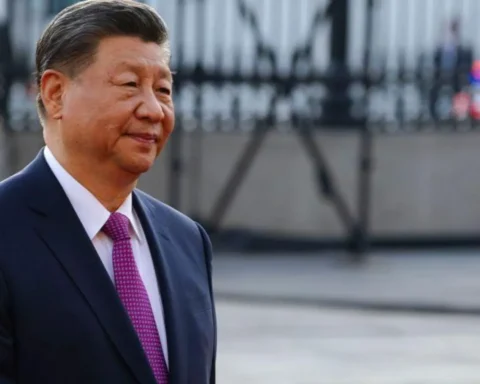Shifting Focus from Profit to Passion: How Dedication and Authenticity Can Transform the Music Landscape
Taylor Swift, a titan of the music industry, offers a compelling case study for artists and industry stakeholders alike, particularly in the context of the Chinese music scene. With a reported net worth of $1.1 billion, she is the first artist to reach billionaire status purely through her music career, setting a precedent for what dedication to one’s craft can achieve. Unlike other celebrities who have diversified their wealth through various business ventures, Swift’s focus has remained steadfastly on creating exceptional music.
Her relentless work ethic has allowed her to build an extensive catalog of songs that form the cornerstone of her success. Swift’s innovative approach to concert tours has not only generated over $1 billion in revenue but also significantly stimulated local economies, particularly with her current Eras Tour. This tour exemplifies how a well-executed music career can bring joy to fans while driving economic growth.
Beyond her musical achievements, Swift is also a savvy investor. At just 34, she has amassed a substantial real estate portfolio, owning properties in New York, Beverly Hills, Nashville, and a beachfront mansion in Rhode Island. These investments stem directly from her musical success, illustrating how a strong artistic foundation can lead to financial stability and growth. Recently, her tour revenue reached remarkable milestones, contributing to her reputation as a record-breaking artist. Notably, she has won the Grammy Award for Best Album four times, cementing her status as the most awarded artist in that category.
In the first half of last year alone, Swift’s tours are estimated to have generated around $5 billion in GDP for the U.S. economy. Her concerts have a ripple effect, stimulating local tourism, hospitality, and food and beverage industries in the cities she visits. Countries have even extended personal invitations for her performances, and certain cities have temporarily renamed themselves in her honor.
This significant economic impact has led financial analysts to coin terms like “Taylornomics” and “Swiftnomics,” highlighting the positive economic benefits associated with her music. Concepts such as “TSwift Lift” and “Swiftmania” have emerged, analyzing her influence as a musician and the substantial economic ripple effects of her tours.
What stands out about Taylor Swift is her unwavering commitment to her music. Beyond her talent as a songwriter and performer, her business acumen and deep understanding of the music industry are commendable. One of her most notable achievements has been successfully regaining control of her music rights by re-recording her albums, effectively launching her own global paid music era.
In contrast, the Chinese music industry faces challenges that Taylor Swift’s model could help illuminate. A critical issue in China is the overemphasis on profit at the expense of artistry, which has resulted in a scarcity of genuine talent. Many performers operate as casual players, relying on luck for fleeting success and lacking a serious commitment to their craft. This superficial focus has led to a dependency on classic songs from Hong Kong and Taiwan to maintain relevance in the industry.
With a population of 1.4 billion, the potential for a vibrant music scene in China is immense. However, the industry often feels bleak and clichéd, suggesting a need for a cultural shift. At its core, the music industry demands dedication and sacrifice—qualities essential for any musician. The new generation of Chinese artists must shift away from a profit-driven mindset and embrace the true spirit of music. Only then can they hope to achieve meaningful success, following in the footsteps of artists like Taylor Swift who prioritize artistry and authenticity above all else.
Post Views: 121

















